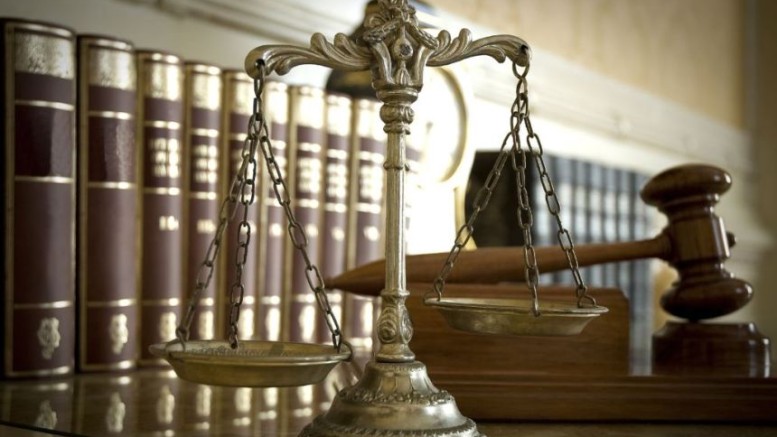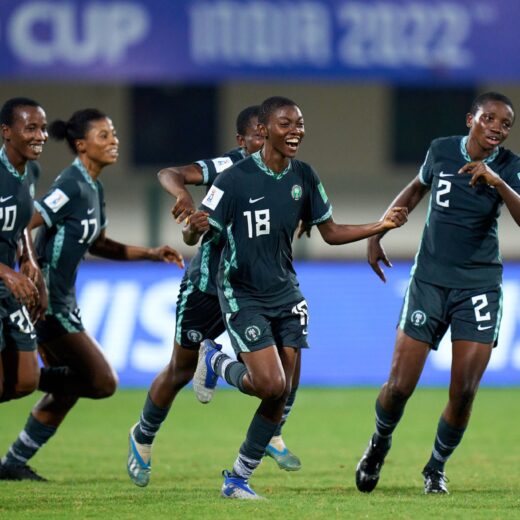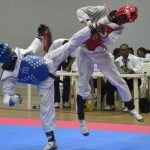
Socio-Economic Rights and Accountability Project (SERAP) has urged the Chief Justice of Nigeria, Justice Ibrahim Tanko Muhammad, to immediately stop the use of the court to suppress citizens’ rights by the federal and state governments.
In an open letter to the CJN and signed by its Deputy Director, Kolawole Oluwadare, SERAP asked Justice Mohammad and the National Judicial Council (NJC) to develop measures and issue directives to all courts to respond to the “disturbing trends by state governments and federal government to use the court as a tool to suppress citizens’ rights.”
It said: “These charges, refusal of bail and granting of bail on stringent conditions seem to be dangerous manipulation of judicial authority and functions by high-ranking politicians, something which the NJC and the judiciary under your watch should resist.
“Across the country, state governors and federal government are charging citizens, mostly journalists, bloggers, and activists, with serious crimes such as ‘treason’, ‘treasonable felony’ or bogus crime of ‘insulting public officials,’ simply for exercising their human rights.”
“In the climate of a growing clampdown on rights of journalists and activists by several state governments and federal government, the NJC ought to push back and act as the protector of individuals’ rights against abuses by the authorities. We believe that the courts, not the state government or federal government, should have the final say in matters of citizens’ human rights.”
“The NJC should ensure that when the authorities disobey court orders and suppress human rights, they are not allowed to come to the court and seek relief until they purge their contempt. Otherwise, the justice system and the Nigerian constitution become a solemn mockery.”
“It is essential for the NJC to issue directives to all courts to promptly consider on the face of the papers filed by the authorities whether the charges brought against journalists, bloggers and activists are truly based on facts or fabricated to secure indefinite detention of citizens with judicial authority.”
“In several cases, journalists, bloggers, and activists have either been denied bail, as it is the case with journalist Agba Jalingo or granted bail with stringent conditions that implicitly violate human rights, as it is the case with journalist and activist Omoyele Sowore and Olawale Bakare. In all of such cases, the alleged offences are not constitutionally and internationally recognizable.”
“It is important for the judiciary to exercise all the judicial power placed in its hands by the constitution with firm determination and to guard against encroachments on that power by either the state governments or the federal government.”
You may be interested

‘I’m Incredibly Proud’– Arokodare Talks Up Genk’s Unbeaten Home Streak
Webby - December 23, 2024Tolu Arokodare is full of excitement followingGenk’s historic victory over Anderlecht, reports Completesports.com.Sunday’s win at the Cegeka Arena was the…

WAFU B U-17 Girls Cup: Ghana Edge Gallant Flamingos On Penalties In Final
Webby - December 22, 2024Despite a spirited performance Nigeria’s Flamingos lost on penalties to hosts Ghana on penalty shootout in the final of the…

Bournemouth Equal Burnley’s Old Trafford Feat After 3-0 Win Vs United
Webby - December 22, 2024Bournemouth’s 3-0 win against Manchester United on Sunday meant the Cherries equaled Burnley’s feat at Old Trafford.United went into the…


















![American Pastor, David Wilson Seen Eating The Box Of Woman Who Isn’t His Wife [Video]](https://onlinenigeria.com/wp-content/uploads/2019/10/american-pastor-david-wilson-seen-eating-the-box-of-woman-who-isnt-his-wife-video-150x150.jpg)





![Regina Daniels Congratulates Billionaire Husband As He Acquires New Private Jet [Photos]](https://onlinenigeria.com/wp-content/uploads/2019/07/regina-daniels-congratulates-billionaire-husband-as-he-acquires-new-private-jet-photos-150x150.jpg)


